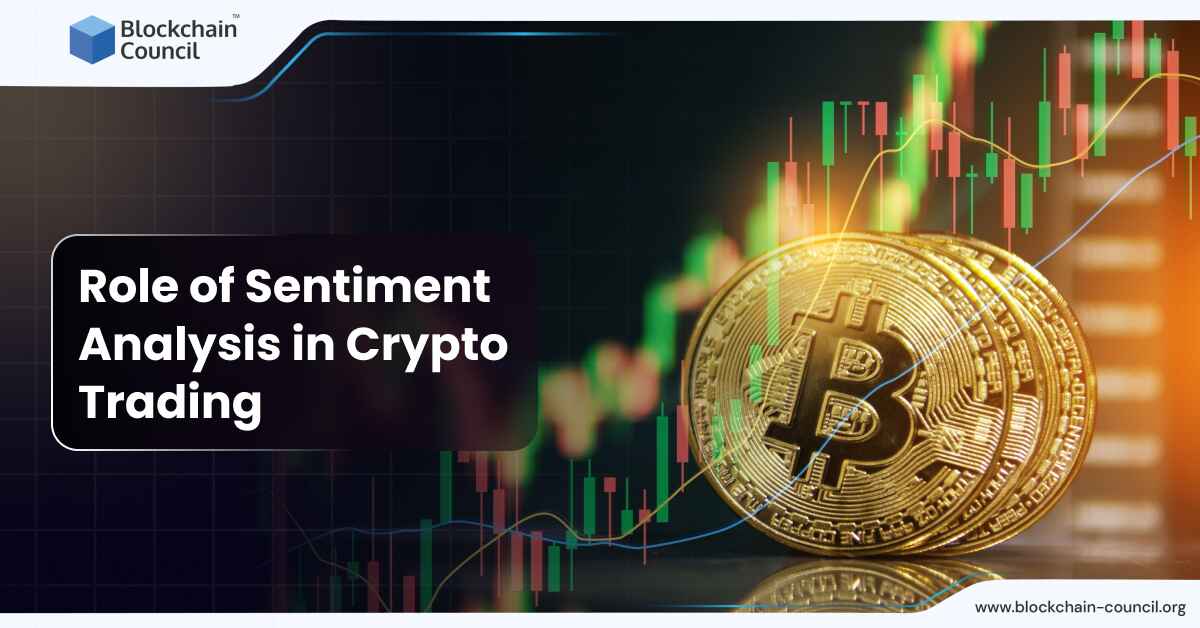
- Blockchain Council
- January 10, 2025
Anonymous crypto exchanges have become increasingly popular due to growing concerns about privacy and security in the digital age.
But, what is anonymous crypto exchange?
Simply put, these platforms offer a unique alternative for those who wish to engage in cryptocurrency trading without revealing their identity or personal details.
Let’s understand them in detail.
What is Anonymous Crypto Exchange?
An anonymous crypto exchange is a trading platform that allows users to buy, sell, and trade cryptocurrencies without requiring them to disclose personal information. Unlike traditional exchanges, which typically ask for personal information such as names, addresses, and government-issued IDs, anonymous exchanges operate with minimal or no KYC requirements. This feature appeals to users who prioritize privacy, particularly in regions with stringent financial regulations.
These exchanges typically fall into two categories: non-custodial and decentralized exchanges (DEXs), and centralized exchanges that allow limited non-KYC trading. Non-custodial exchanges, like Bisq and Uniswap, facilitate peer-to-peer trading without holding users’ funds, thus minimizing the need for identity checks. Decentralized exchanges are entirely managed by smart contracts, where users trade directly with one another without intermediaries.
How Do Anonymous Crypto Exchanges Work?
The core principle behind anonymous crypto exchanges is to provide a platform where users can buy, sell, and trade cryptocurrencies without the need to disclose personal information. They use decentralized technologies or operate in jurisdictions with lax regulatory oversight. Here’s how they typically function:
- Non-Custodial Wallets: Users are required to connect their wallets, such as MetaMask or Ledger, directly to the exchange. This allows for direct control over their funds without the need for an intermediary.
- Smart Contracts: On decentralized platforms, smart contracts automate the trading process. These self-executing contracts handle the terms of trade and ensure that both parties fulfill their obligations without the need for intermediaries.
- Escrow Services: Some anonymous exchanges, like Hodl Hodl, use multi-signature escrow services to secure trades between users. This reduces the risk of fraud and ensures that the trade will only be completed if all conditions are met.
- Limited Features for Non-KYC Users: Certain centralized exchanges offer anonymous trading with limitations. For example, users might be able to trade and withdraw smaller amounts without completing KYC but would need to verify their identity for higher transaction limits or access to more advanced features.
To make the most of your crypto investments, consider getting certified with the Certified Cryptocurrency Trader™ (CCT) program.
Popular Anonymous Crypto Exchanges
Several platforms have gained recognition for their commitment to anonymity. Each has its own set of features and limitations:
- Bisq: This decentralized exchange is a peer-to-peer network specifically designed for trading Bitcoin. It does not require users to provide any personal information and uses a security deposit system to ensure the integrity of trades.
- Uniswap: As the largest decentralized exchange operating on the Ethereum blockchain, Uniswap allows users to swap ERC-20 tokens without needing to create an account or provide personal information. It is entirely managed by smart contracts.
- Hodl Hodl: A non-custodial Bitcoin exchange, Hodl Hodl enables direct trading between users with funds held in escrow. It does not enforce KYC, making it a preferred choice for privacy-focused users.
- MEXC Global: This centralized exchange offers a wide range of cryptocurrencies and trading pairs. While users can initially trade without KYC, there are limits on how much they can withdraw or trade before verification becomes necessary.
- Phemex: Known for its strong security record, Phemex allows users to trade and withdraw funds without KYC. However, it has restrictions on where it operates, excluding users from regions like the U.S. and Canada.
Risks and Considerations
Despite their benefits, anonymous crypto exchanges come with notable risks. One of the primary concerns is security. Many of these platforms operate in regulatory gray areas, which can result in weaker security measures. Users must exercise caution, as these platforms are often targeted by hackers due to their lack of regulatory oversight.
Additionally, the anonymity provided by these exchanges can attract illicit activities, such as money laundering and fraud. This association with illegal activities can lead to regulatory crackdowns, which might jeopardize the future of these platforms. Some countries have started imposing AML regulations on anonymous exchanges, requiring them to comply with KYC and AML requirements to operate legally. This regulatory pressure may limit the availability of truly anonymous exchanges in the future.
Furthermore, anonymous exchanges typically offer limited customer support. In the event of technical issues or disputes, users may find it challenging to seek recourse, as these platforms often lack the robust support infrastructure found in more established exchanges.
Conclusion
Anonymous crypto exchanges offer a valuable option for those who prioritize privacy in their financial transactions. However, this anonymity comes with trade-offs, including higher risks and limited recourse in case of problems. The future of anonymous crypto exchanges is uncertain.
As regulatory bodies worldwide continue to develop and enforce stricter AML and KYC regulations, the space for truly anonymous trading may shrink. However, the demand for privacy-focused financial services remains strong, and innovations in decentralized finance (DeFi) could provide new avenues for anonymous trading.



































































 Guides
Guides News
News Blockchain
Blockchain Cryptocurrency
& Digital Assets
Cryptocurrency
& Digital Assets Web3
Web3 Metaverse & NFTs
Metaverse & NFTs
